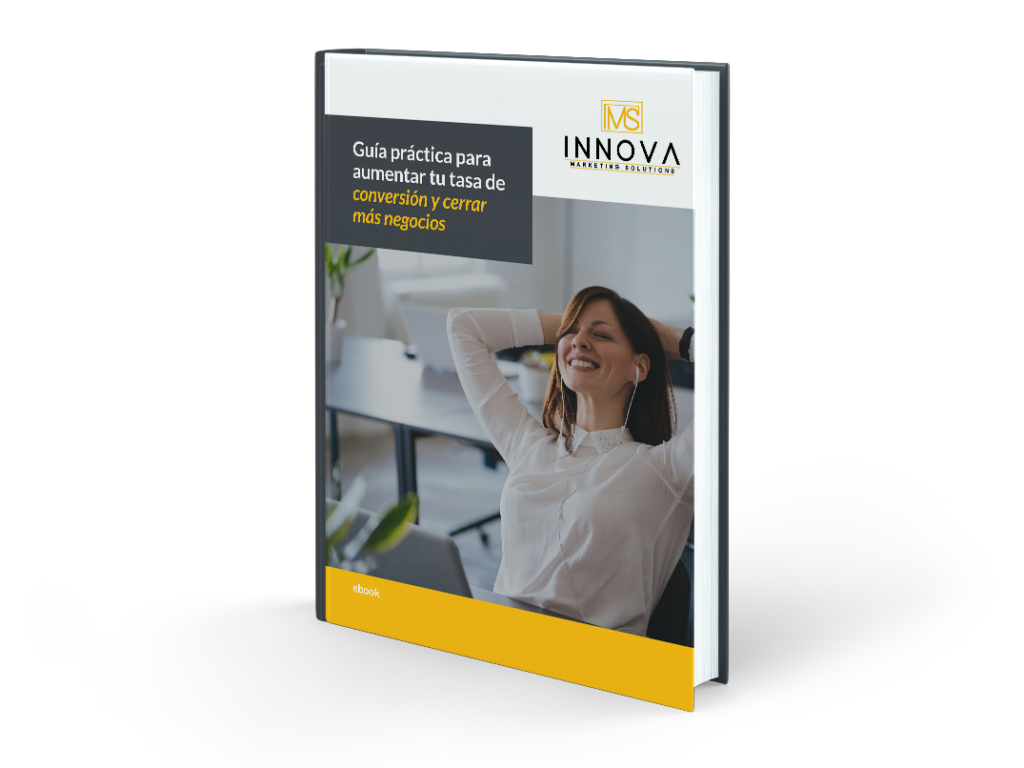Reading time: 4 minutes
According to Forrester, a salesperson only has 2 real attempts to reach a potential customer, do you know how to take advantage of those two opportunities through the consultative sales process? Let's get into it a little bit.
What is consultative sales?
A sales process becomes consultative when stages and actions are aligned with the customer's buying experience and are defined in terms of the customer experience, according to Hubspot. Rather than offering a purchase, this process includes recommendations, guidance, suggestions and expert advice to help the customer solve a need.
This approach works as a guide for salespeople and also helps them to qualify, close, expand business and, above all, build relationships that close in sales.
Ready to find out how to apply them efficiently in your company?
What is the consultative sales process? Keys to success
In a consultative sales process, the focus shifts from the product and services you offer to the needs of your customers. These are the keys to a successful outcome:
1. Guidance and qualification
The customer becomes aware of a problem in their business. Alternatively, you as a salesperson build an opportunity by presenting an idea, possibility or challenge that is not yet on the customer's agenda.
10% of a salesperson' s success depends on their knowledge of the prospect's needs, so your job at this stage will be to identify a potential problem facing the company and find a solution.
>> 6 signs to identify that your potential customer is not really interested
2. Explore and evaluate
Customers assess how high a priority the problem is, review their options and develop decisive criteria. You can help your potential customers by sending them valuable material for solving their difficulties, such as blog articles and step-by-step guides. Offer to make a consultation call and share more relevant content resources.
Educational resources are an attractive way to increase your prospect's confidence, demonstrate your authority and knowledge on the topic and position you on their radar of options.
If you don't know how to build resources that bring value to your potential customers, request a meeting with our team.
3. Identify and develop a solution
In this step, customers research their options and compare them. They also refine their decision criteria. Here you need to give greater visibility to what differentiates you, focus on business results and demonstrate value.
70% of people make purchasing decisions to solve problems. Consider how your solution will be different and make sure you demonstrate this at all times.
Practical guide to increase yourconversionrate
and close more business

4. Follow-up
80% of consultative sales require 5 follow-up calls after a meeting. 44% of salespeople quit after 1 follow-up. 44% of salespeople quit after 1 follow-up. How persistent are your teams?
Emails, calls, direct messages and reminders are very useful to follow up with your potential customer. You can share resources such as an article or a video.
5. Negotiate and close

For bigger and better results, go for partial closings. Small closings that will lead you to a final closing. Keep in mind that for every activity you carry out, you must get something in return, an advance from your prospect.
For example, if you make a phone call, the objective may be a meeting; if you ask for information about the available budget or start date and get it, that is also a closure. Even if you have an appointment cancelled, ask to reschedule and get a new date, that is a closure.
Let each step go at the pace of your prospect. If your process goes too fast, this can be uncomfortable for your prospect, and can derail the whole sales process.
95% of buyers choose a salesperson who provides them with comprehensive content to help them move through each stage of the sales process.
6. Implement or provide feedback
Depending on the size of the deal and the time it takes to go from a proposal to a yes, now is the time to implement your offer or ask for more information in case of objections. If a potential customer does not want to go ahead, always investigate why.
Starting to work with a new client is always easier when you have asked the right questions throughout the qualification process. This way, you know what they want and expect, their ways of working and what level of support or resources you need to provide.
>>Demand generation: How your company can benefit from this strategy
In the face of fierce competition you need to demonstrate your knowledge and authority. Professional advice is key in consultative sales during the decision-making process, to help build a relationship and position you as an expert in your industry. This approach builds greater trust with buyers.
Do you want to turn your team into efficient business advisors to close more sales? Click here to request a consultation with our team.



